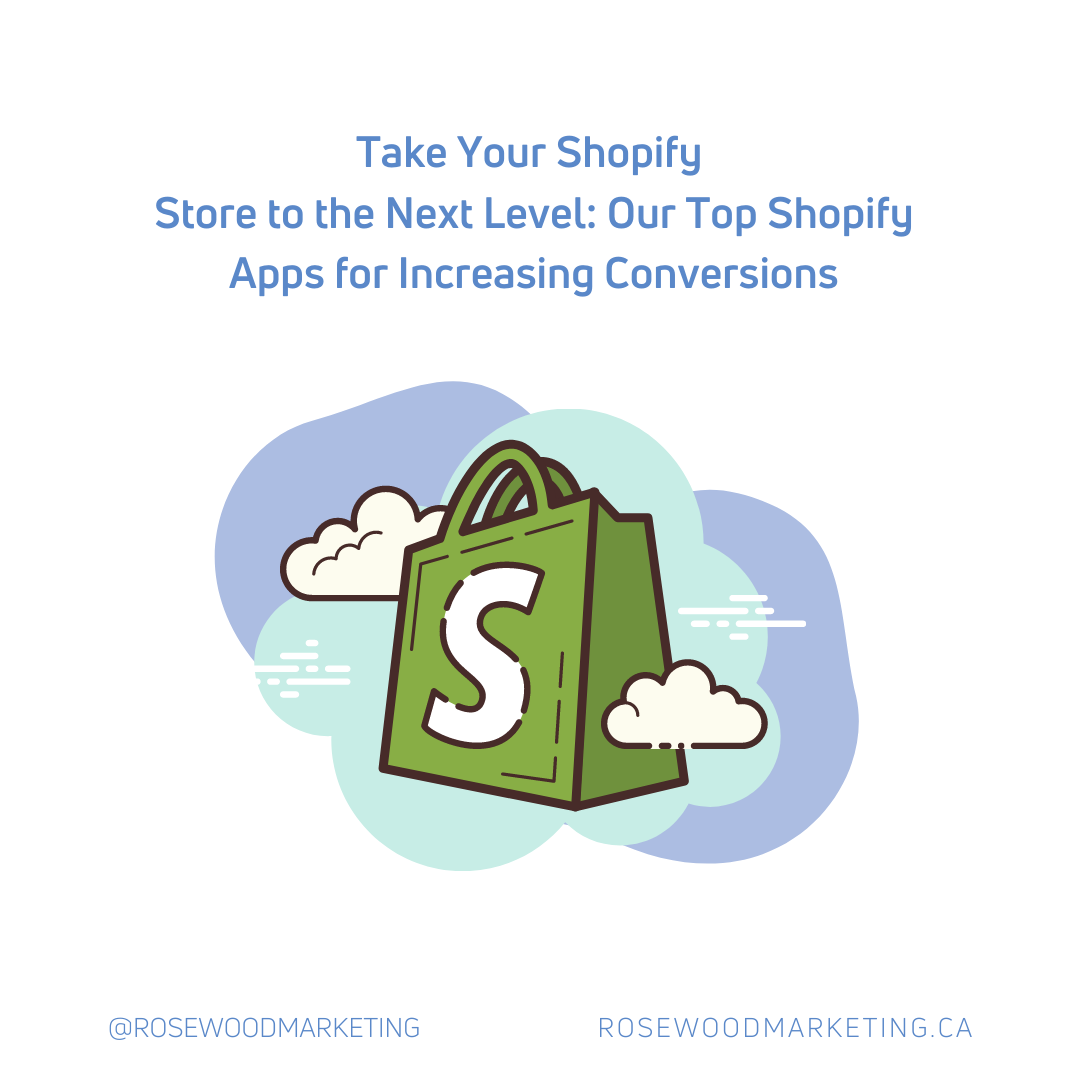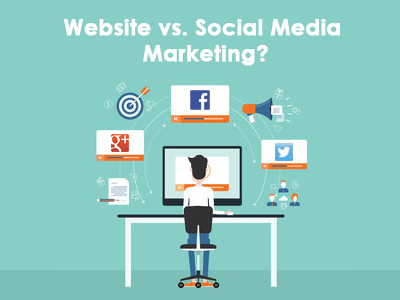As a website owner, it’s critical that you ensure you are in compliance with worldwide laws regarding website cookies. If your business website has traffic from European countries, take the time to consider whether you are meeting the EU minimum website cookies compliance standards. If not then it’s time to make the necessary updates to your site.
Who Needs to Comply with the European Cookie Law?
The EU cookie law applies to any website which attracts visitors from the EU. Even if your business is located in the US, Canada, or elsewhere in the world, you need to make sure you are meeting the minimum standards when you have EU visitors. In order to remain in compliance, your website should not load or save any cookies until the site visitors confirm their decision via your cookie consent form. This form needs to offer the option to decline cookies entirely, or you will be breaking this law.
When designing your cookie consent form, another part of the regulations in the EU is the colours and sizing of the buttons. You must not force or influence the actions of the visitors, so the accepting and declining buttons must be the same colour and size. Another regulation to keep in mind is that in Austria, the use of Google Analytics to track website usage became illegal in January 2022. At the moment, this only impacts Austria, but there’s a chance we may see other countries follow this trend in the future.
Different Types of Cookies
To remain in compliance with EU law, it’s critical that you are aware of what cookies are in terms of your website. Cookies are text files that contain smaller pieces of data to identify your computer within a network. The data that’s stored within the cookies will be created by your server when you connect, and it’s labelled with a unique ID for your computer. The server can then read your ID and know how to serve you best.
HTTP cookies are created by a web server when someone browses your website. They will then be placed on the device or computer by the user’s web browser, allowing web servers to store information on your device. They can be used to track a user’s activity or save information that they’ve previously entered online.
Another type of cookie that you may use on your website is an authentication cookie. These are used by web servers to check that a user is logged in and the account that they are using. This stops users from having to authenticate themselves on every single page that has sensitive information, offering a better user experience while keeping your site secure. Finally, tracking cookies are used to create long-term records of a user’s browsing history. These are non-essential cookies, and so you will need to ensure you are receiving informed consent from your website visitors for storing these on their devices.
As you can see, it’s critical for website owners to keep in compliance with EU laws when they are attracting visitors from European countries. To help you keep up to date with GDPR cookie compliance, we highly recommend using this WordPress plugin on your site.
Contact us today if you would like us to look into whether your website is complying with the EU laws.



